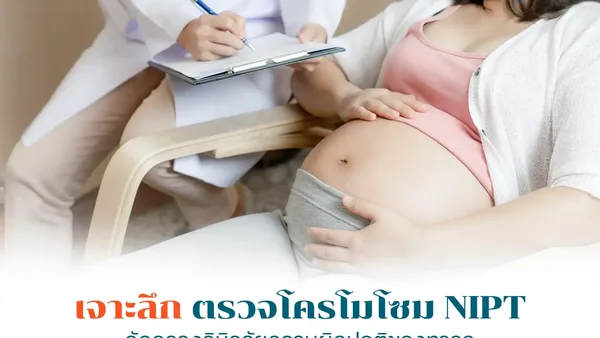Today, egg freezing has become a popular option for women who aren’t ready to have children yet. Whether due to lifestyle choices or career paths, many women are choosing to marry and have children later in life. However, as women age, the quality of their eggs declines. That’s why many opt to freeze their eggs while they’re still young. So where’s the best place to freeze your eggs, and how do you choose the right clinic or doctor? Let’s find out.
Where to Freeze Eggs: How to Choose a Clinic
When choosing a place to freeze your eggs, look for a trustworthy, reputable clinic. You’re entrusting them with your reproductive cells—potential future children—so reliability is key.
For example, at Beyond IVF, they have specialized doctors in reproductive medicine and a team of experienced, well-trained embryologists. Their egg retrieval and storage processes follow high standards, and their lab facilities are sterile and meet hospital-level safety standards.
Why Choosing the Right Doctor Matters
Selecting a qualified doctor is crucial. When deciding where to freeze your eggs, consider the doctor’s experience and expertise in fertility treatment.
At Beyond IVF, their expert is Dr. Ton – Prof. Poonsak Suchanwanich, a specialist with over 20 years of experience in reproductive medicine. His credentials include:
- Board certification in obstetrics and gynecology from Ramathibodi Hospital
- ART (Assisted Reproductive Technology) training from Boston IVF, Maryland
- Certified fertility specialist by the Thai Society of Reproductive Medicine
Clinic vs. Hospital: What’s the Difference?
Freezing your eggs at a clinic often means shorter wait times than at hospitals, where you may wait months for an appointment. Clinics usually offer:
- Advance bookings
- VIP-style care with personal attention and follow-up
- Prompt answers to all your questions
- Organized scheduling to avoid crowding
- COVID-19 screening before entry
This makes clinics a better option for many who value privacy, convenience, and time efficiency.
What to Look for When Reading Egg Freezing Reviews
When deciding where to freeze your eggs, keep these 8 factors in mind:
- Facility Standards
The clinic should be clean, secure, and meet high medical standards to ensure your eggs are safe. - Doctor’s Expertise
Make sure the doctor is a certified reproductive specialist with significant experience to minimize risks and complications. - Qualified Embryology Team
The team should be well-trained and able to clearly explain the procedures and answer your questions. - Technology & Equipment
As egg freezing is a modern medical technique, up-to-date, clean, and safe equipment is essential. - Clear Process Steps
Understanding each step of the procedure helps you prepare mentally and physically for what to expect. - Scheduling & Time Management
Choose a clinic that allows precise scheduling to avoid wasting time waiting in long queues. - Aftercare & Follow-up Support
Find out how the clinic handles post-procedure care. If emergencies arise, who can you contact? - Convenient Location
A clinic near your home reduces travel stress during the treatment and makes emergency visits easier.





